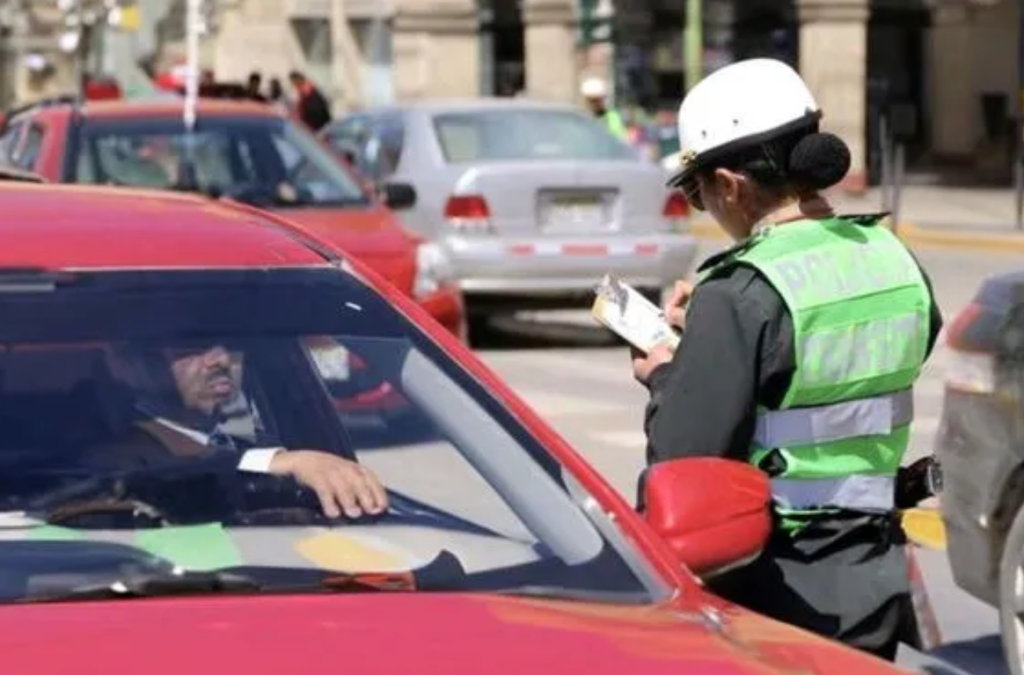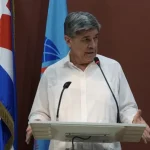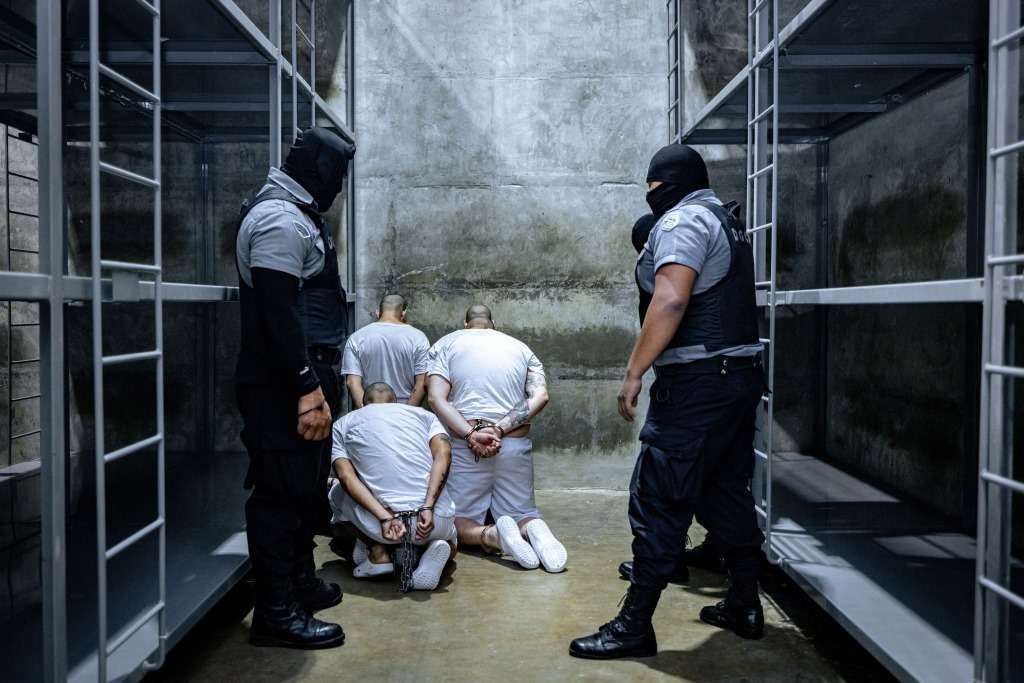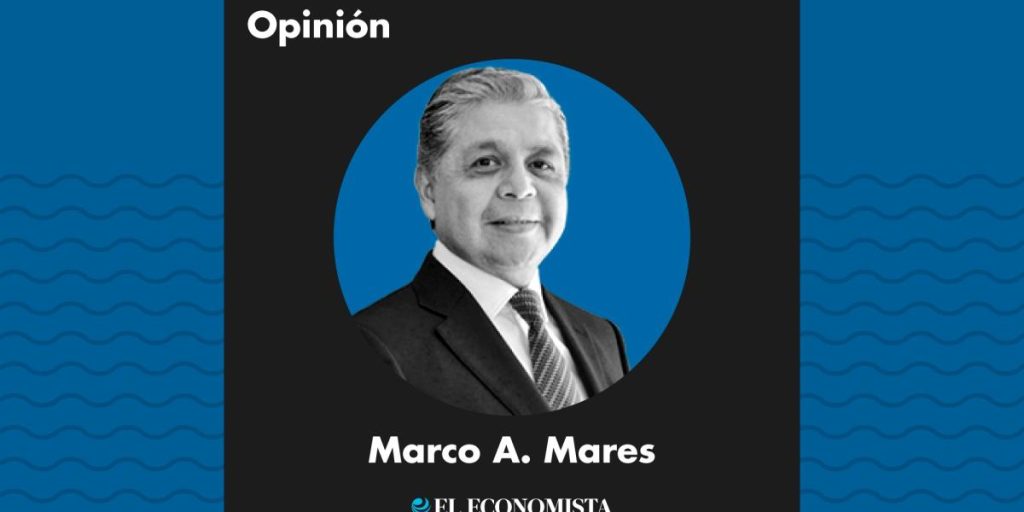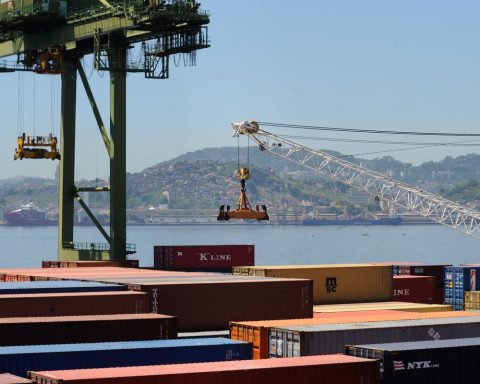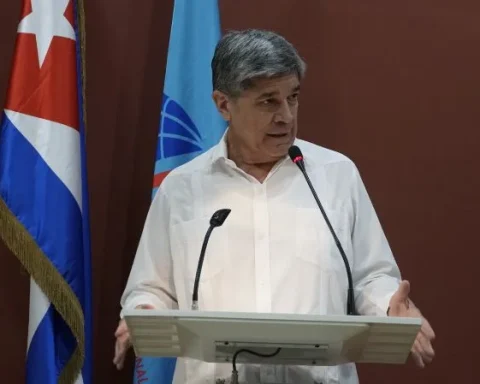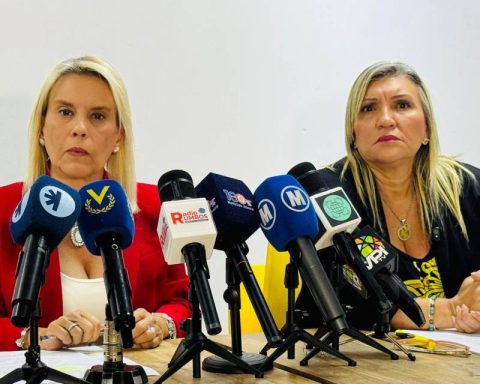Does anyone think of all the victims of the innumerable traffic accidents causes by drunk drivers? A new bill presented in the Congress of the Republic The national debate has turned on. The initiative, promoted by Congressman Jorge Flores Ancachi (Podemos Peru), states that drivers sanctioned with the disqualification of their license to handle in drunk or by accumulation of serious offenses can recover their brief after approved a course and pay a fine with up to 80% discount.
The proposal – popularly baptized as the “law of drunk” – would allow offenders to regularize their situation until December 31 of this year. According to the project, it would suffice with the fulfillment of two requirements: to carry out a road training and pay a reduced fine to have the right to drive.
Flores Ancachi defended his proposal by arguing that “everyone deserves a second chance”, especially those people who, having made a mistake, wish to reintegrate into the workplace. “With the bad experience they have passed, they can drive again,” he said in a public event.
However, the initiative has been strongly criticized by road safety specialists, authorities of the Ministry of Transportation and Communications (MTC), and various sectors of civil society. For them, the project represents a serious setback in road safety policies.
The figures support the concern: only in 2023 about 3,200 deaths from traffic accidents were recorded, many of them caused by conductors under the influence of alcohol. For the MTC, more flexible sanctions would send a “message of impunity” to citizens.
One of the most controversial points of the project is that it would allow significant discounts on fines imposed by infractions considered very serious, which currently do not contemplate sales due to the danger they represent.
Despite criticism, some driver sectors have supported the initiative. Israel Portocarrero, leader of the Association of Drivers with Briefly Disabled, said that many members of his guild did not cause human damage. “We are not murderers or criminals,” he said. In his case, he was sanctioned for drunk, but only caused material damage.
The text of the proposal establishes that any sanctioned could take advantage of this law, provided that it has not caused deaths or serious injuries, which opens the door to a wide interpretation and possible abuse.
The proposal, which also has the support of Congressman Edgar Tello, is still in the discussion phase in commissions. Tello declared that, if the established requirements are met, “citizens should be enabled.”
Meanwhile, criticisms do not stop. Various voices consider that this project responds more to political and populist interests than to a real need for reform. The Sunday that revealed the proposal warned that the fundamental objective could be to capture votes at the expense of weakening traffic regulations.
Now available in Yape! Find us in Yape Promos.
